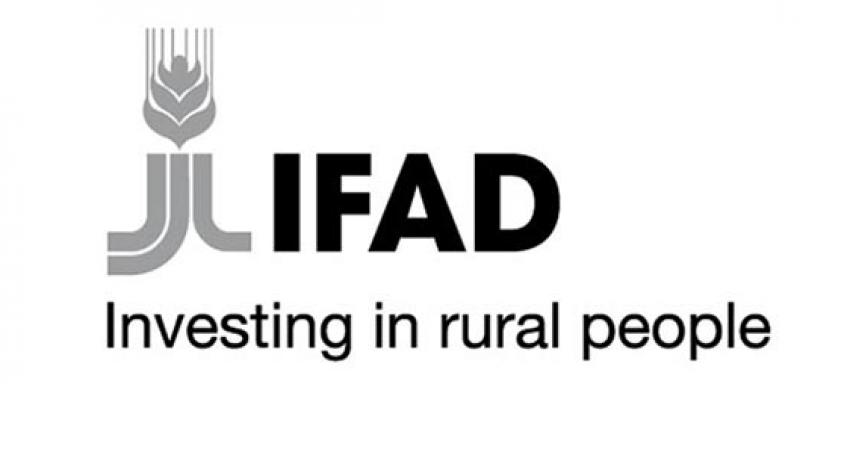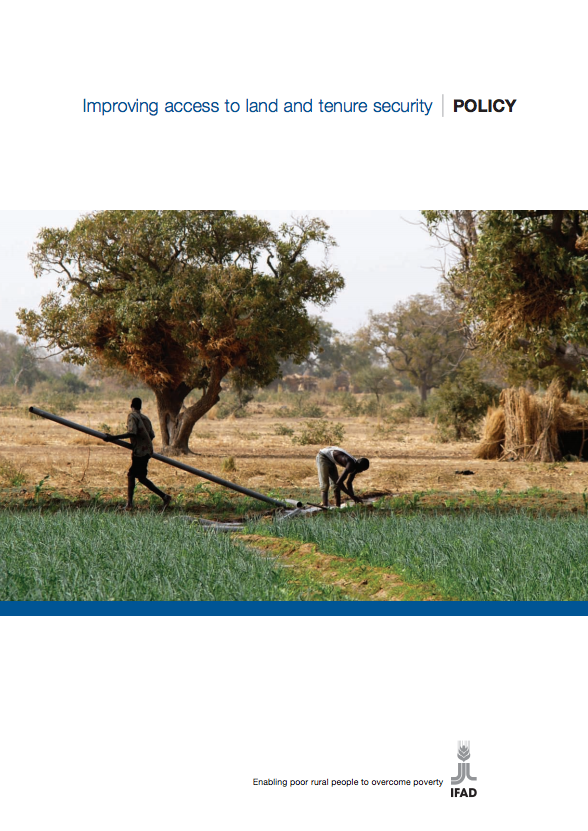Focal point
Location
The International Fund for Agricultural Development (IFAD), a specialized agency of the United Nations, was established as an international financial institution in 1977 as one of the major outcomes of the 1974 World Food Conference. The Conference was organized in response to the food crises of the early 1970s that primarily affected the Sahelian countries of Africa. The conference resolved that "an International Fund for Agricultural Development should be established immediately to finance agricultural development projects primarily for food production in the developing countries". One of the most important insights emerging from the conference was that the causes of food insecurity and famine were not so much failures in food production, but structural problems relating to poverty and to the fact that the majority of the developing world's poor populations were concentrated in rural areas.
IFAD's mission is to enable poor rural people to overcome poverty.
IFAD is dedicated to eradicating rural poverty in developing countries. Seventy-five per cent of the world's poorest people - 1.4 billion women, children and men - live in rural areas and depend on agriculture and related activities for their livelihoods.
Working with rural poor people, governments, donors, non-governmental organizations and many other partners, IFAD focuses on country-specific solutions, which can involve increasing rural poor peoples' access to financial services, markets, technology, land and other natural resources.
Resources
Displaying 71 - 75 of 102Improving access to land and tenure security. Policy.
Secure access to productive land is critical to the millions of poor people living in rural areas and depending on agriculture, livestock or forests for their livelihood. It reduces their vulnerability to hunger and poverty; influences their capacity to invest in their productive activities and in the sustainable management
Improving Access to Land and Tenure Security
Secure access to productive land is critical to poverty, acknowledging the complexity and
dynamics of evolving rural realities; (b) identify
the major implications of that relationship for
IFAD’s strategy and programme development
and implementation; (c) articulate guiding
principles for mainstreaming land issues in
the Fund’s main operational instruments and
processes; and (d) provide the framework for
the subsequent development of operational
guidelines and decision tools.
In this policy, land refers to farmland,
Pesquisa sobre parcerias entre comunidades locais e investidores do sector privado
A Lei de Terras de Moçambique foi aprovada em Outubro de 1997 e é amplamente reconhecida como um passo político e legislativo inovador no contexto do continente africano. A lei tem como base a Política Nacional de Terras de 1995, que na sua declaração central, ou „mission statement’, oferece o esboço de uma estratégia de desenvolvimento rural onde a questão chave é como compartilhar os direitos sobre a terra entre ´o povo´ de um lado, e ´o investidor´, de outro:
IFAD Policy: Improving access to land and tenure security
The IFAD Policy on Improving Access to Land and Tenure Security has been formulated to: (a) provide a conceptual framework for the relationship between land issues and rural poverty, acknowledging the complexity and dynamics of evolving rural realities; (b) identify the major implications of that relationship for IFAD’s strategy and programme development and implementation; (c) articulate guiding principles for mainstreaming land issues in the Fund’s main operational instruments and processes; and (d) provide the framework for the subsequent development of operational guidelines and decisio
The status of rural poverty in the Near East and North Africa
Poverty in the Near East and North Africa region (NENA) is mainly a rural phenomenon. Almost half (48%) the area’s population lives in rural areas. This report focuses on key rural poverty issues in 13 diverse countries in the region, without attempting to propose policy or programme actions at national or local levels. Overall, the rural poor still face traditional constraints such as water scarcity, inadequate rural infrastructure, inappropriate policies and institutions, weak local-level organisations and gender inequity.








